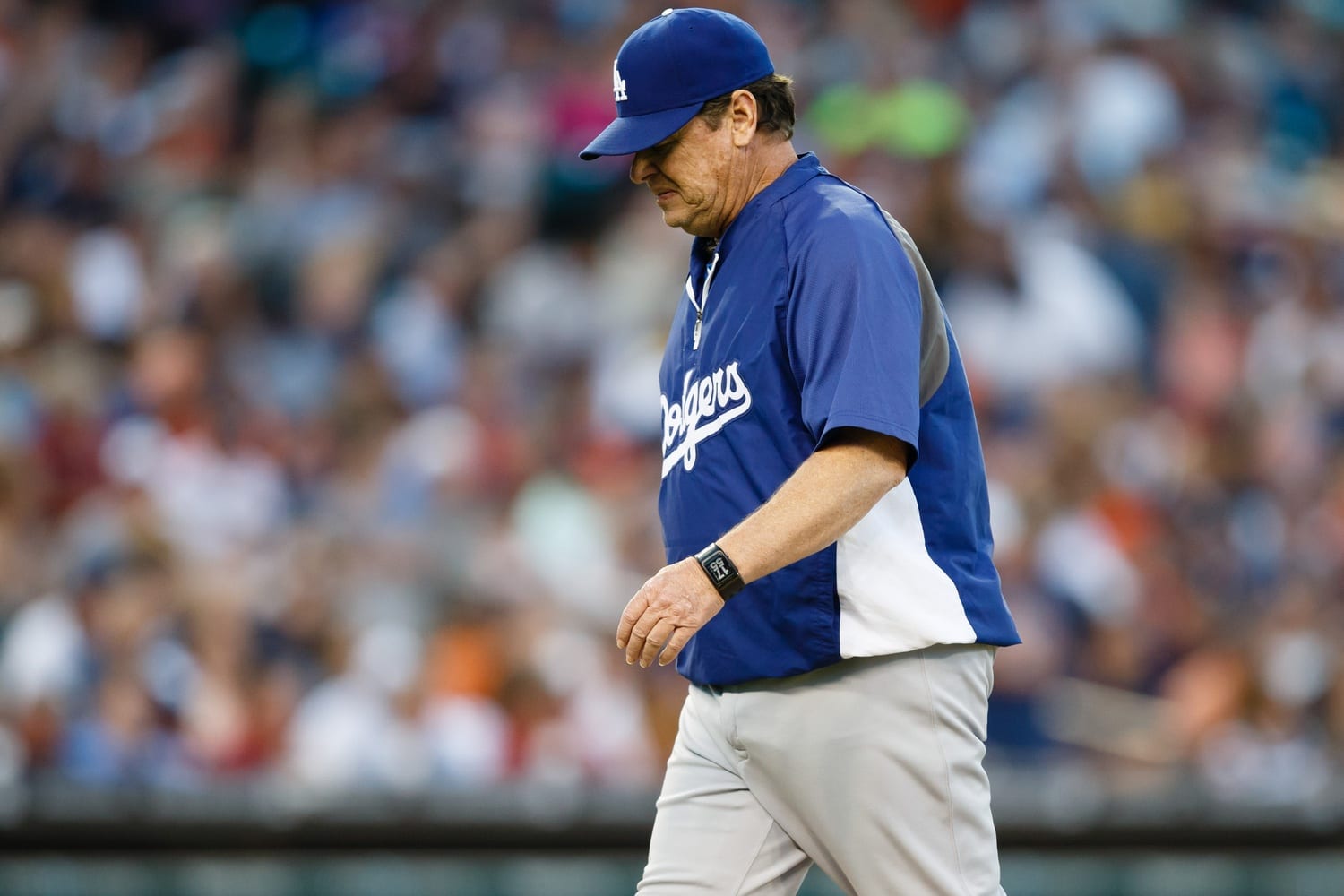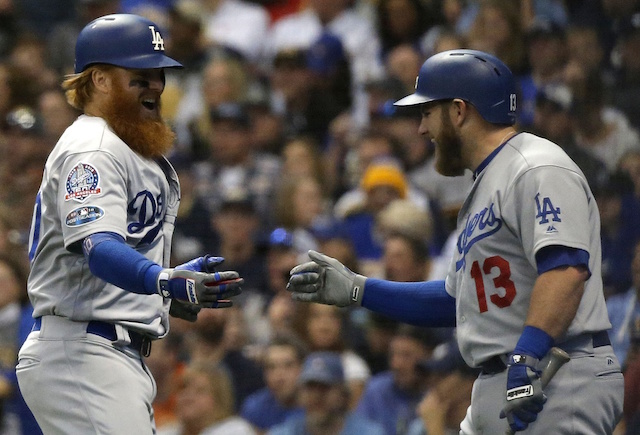The Los Angeles Dodgers’ broadcast rights for the 2024 season and playoffs continue to be messy and complex. A history of challenges has left many fans and local viewers unable to watch games for years. Here’s an overview of the current situation and options for fans, including over-the-air, streaming, subscription, and VPN options.
Local Broadcast Rights
SportsNet LA remains the Los Angeles market’s primary broadcaster for Dodgers games. This regional sports network (RSN) was launched in 2014 as part of a 25-year, $8.35 billion deal between the Dodgers and Time Warner Cable (now Charter Communications/Spectrum). However, this deal led to a prolonged blackout for many fans.
For years, other major TV providers like DirecTV refused to carry SportsNet LA due to high carriage fees, leaving over half of Los Angeles households unable to watch Dodgers games. This blackout persisted through significant milestones, including Clayton Kershaw’s no-hitter and Vin Scully’s final seasons, and became so dire that the United States Department of Justice sued DirectTV in 2016.
The situation began to improve in 2020 when AT&T (which owns DirecTV) agreed to carry SportsNet LA. However, some providers, like Cox Communications in certain regions, still do not offer the channel.
2024 Streaming Option
In a significant development for 2024, Spectrum announced a streaming option for SportsNet LA. Fans in the Los Angeles market can now stream Dodgers games without a cable or satellite TV subscription. However, there’s a catch – subscribers must purchase Spectrum’s internet and mobile telephone service bundle, which includes SportsNet LA streaming for free.
National Broadcasts
Nationally televised Dodgers games will be available on various networks throughout the 2024 season:
- FOX and FS1 will air select games, including some Saturday night matchups
- ESPN will broadcast Sunday Night Baseball games featuring the Dodgers
- TBS will show some Tuesday night games
- MLB Network will carry occasional Dodgers games
Out-of-Market Viewing and VPNs
For fans outside the Los Angeles area, MLB.TV remains the primary option for watching Dodgers games. This streaming service provides access to out-of-market games for all MLB teams. However, local blackout restrictions still apply, meaning games may be blacked out if you’re in an area considered part of the Dodgers’ home market[7].
Many fans turn to virtual private networks (VPNs) to bypass these restrictions. A VPN can help you access MLB TV content by making it appear like you’re accessing the service from a different location, effectively circumventing blackout rules.
Benefits of Using a VPN for MLB.TV
Using a VPN offers several advantages for baseball fans:
- Bypass Blackouts: Connect to a server in a different region to access blacked-out games.
- Enhanced Privacy: VPNs encrypt your internet traffic, protecting your personal information from potential hackers or your ISP.
- Access to International Content: Watch games and access content from other countries’ MLB.TV services.
- Avoid Bandwidth Throttling: Prevent your ISP from slowing down your connection during high-bandwidth activities like streaming.
- Secure Public Wi-Fi Usage: Safely stream games on public networks without risking your data[4].
Choosing the Right VPN
When selecting a VPN for MLB.TV, consider the following factors:
Server Locations: Choose a VPN with numerous servers across the US to bypass state-specific blackouts easily.
Speed: Opt for VPNs with modern protocols like WireGuard for minimal speed loss during streaming.
Device Compatibility: Ensure the VPN works with your preferred streaming devices.
Price and Trial Options: See services offering free trials or money-back guarantees.
While the Dodgers’ broadcast situation has improved since the dark days of widespread blackouts, challenges remain for some fans. Spectrum’s new streaming option provides an alternative for cord-cutters but comes with its requirements. For those facing blackout restrictions, a VPN like VPNPRO or NordVPN can effectively access all Dodgers games on MLB.TV. As the media landscape evolves, more changes will likely come to how fans can watch their favorite team in action.








